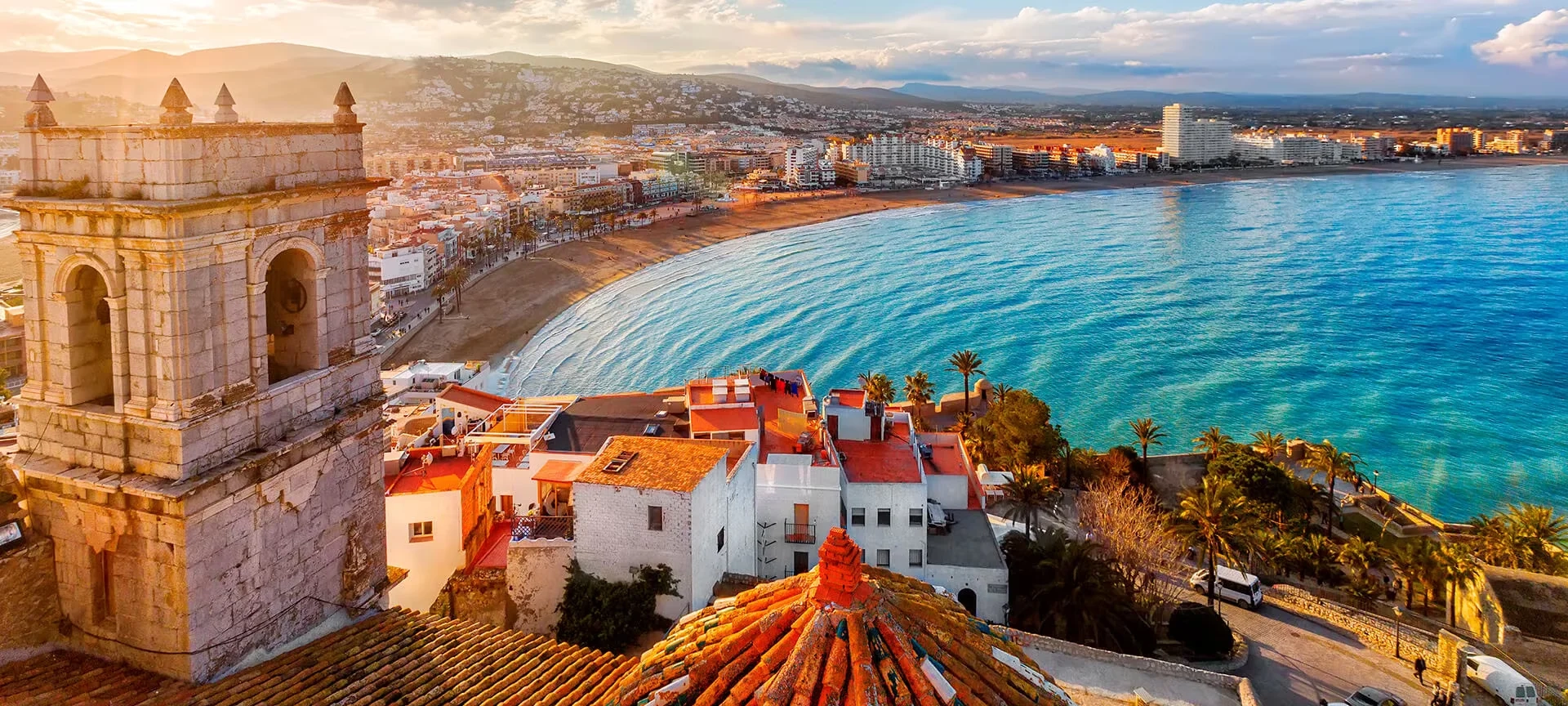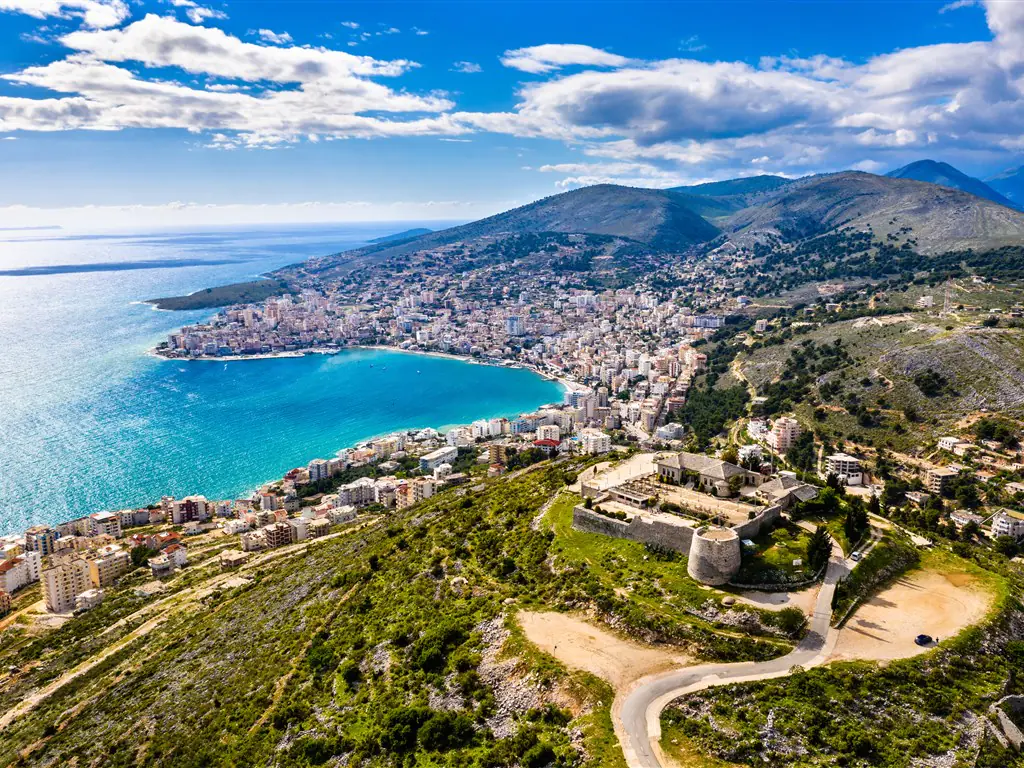Spain, with its rich cultural heritage, stunning landscapes, and vibrant cities, is one of the most popular destinations for tourists from all over the world. Whether you are planning to explore the historic streets of Madrid, relax on the beaches of Barcelona, or enjoy the culinary delights of Seville, it is worth knowing the entry rules in 2024, tourist visa requirements, and documents needed to travel to Spain.
Rules of entry to Spain
Spain is part of the Schengen area, which allows visa-free travel to many European countries.
Citizens of EU/EEA countries and Switzerland do not need a visa to enter Spain. They can travel with a valid passport or national identity card. The duration of their stay can be up to 90 days. If you need to extend your stay, you need to register with the relevant Spanish authorities and obtain a long-term visa (D), which gives you the right to work, study and live in Spain.
Citizens of countries that have visa-free agreements with the Schengen area can also enter Spain without a visa for short-term stays of up to 90 days within a 180-day period. Some of these countries include the United States, Canada, Australia, New Zealand, Japan, and many others. Travelers from these countries need a valid passport with a validity period of at least three months after the planned departure date.
To find out more about whether you need a visa to Spain, how to get one, or how long you can stay in the country without a visa, depending on your nationality, use the search engine on the page by entering your nationality.
Travelers from countries that do not have visa-free agreements with Schengen countries must obtain a Schengen visa to enter Spain. This visa allows you to stay in the country for up to 90 days within a 180-day period for tourism, business or family visits.
Tourist visa for Spain
If you need a visa to visit Spain, you need to apply for a short-stay Schengen visa (type C). Here is a quick guide on how to get it:
1. For tourist purposes, you need a short-stay Schengen visa. So start collecting the necessary documents for it.
List of documents for a short-stay visa for Spain
• Completed visa application form (fill in and sign the Schengen visa application form).
• Valid passport with at least two blank pages and valid for at least three months after the planned departure from Spain.
• Two recent passport-size photographs that meet the requirements of the Schengen Agreement.
• Travel itinerary: a detailed itinerary of your trip, including airline and accommodation reservations.
• Travel insurance: proof of travel medical insurance covering expenses up to 30,000 euros, valid in the Schengen area.
• Proof of sufficient funds to support yourself during your stay, such as bank statements, a certificate from your place of work or sponsorship letters.
• A cover letter (explaining the purpose of your visit and your travel plans).
• A receipt for the visa fee (usually about 80 euros, which is paid at the time of application).
2. Make an appointment. Make an appointment at the Spanish consulate/embassy or visa application center in your country of residence.
3. Attend the appointment: submit the application package and provide biometric data (fingerprints and photo) to the consulate or visa center. Make sure all documents are in place to avoid delays.
4. Wait for your application to be processed. The processing time for a Schengen visa is usually 15 calendar days, but in some cases it may take longer. Plan accordingly and apply in advance of your planned travel date.
5. Get the visa: after receiving a positive decision, pick up the visa at the consulate or visa center. Be sure to check that your visa details are correct.
Other necessary documents for entry
Even if you don't need a visa, you still need to have certain documents with you to ensure smooth entry into Spain:
- Valid passport: at least three months after your planned departure date.
- Confirmation of accommodation: hotel reservation, rental agreement or letter of invitation from the host.
- Proof of sufficient funds: bank statements, credit cards or other proof of financial resources to cover your stay.
- A round-trip ticket.
Travel (medical) insurance to Spain
As mentioned above, to travel to Spain, you must have a health insurance policy with a minimum coverage of 30,000 euros. You can purchase insurance on the Visit World website here. Remember that a reliable insurance policy is the key to your confidence while traveling. Do not risk your own finances and health, choose the right insurance package and let your trip leave only pleasant memories!
Tips for a smooth entry into Spain
1. Check out the latest travel advisories and entry requirements before you travel, as regulations are subject to change.
2. Make copies of all important documents, including your passport, visa, travel insurance, and itinerary.
3. Be prepared for questions: Immigration officials may ask about your travel plans, housing, and financial resources. Answer clearly and confidently.
By following these recommendations and ensuring that you have the necessary documents, you can enjoy a hassle-free trip to Spain and experience all the beauty and culture this wonderful country has to offer.
















